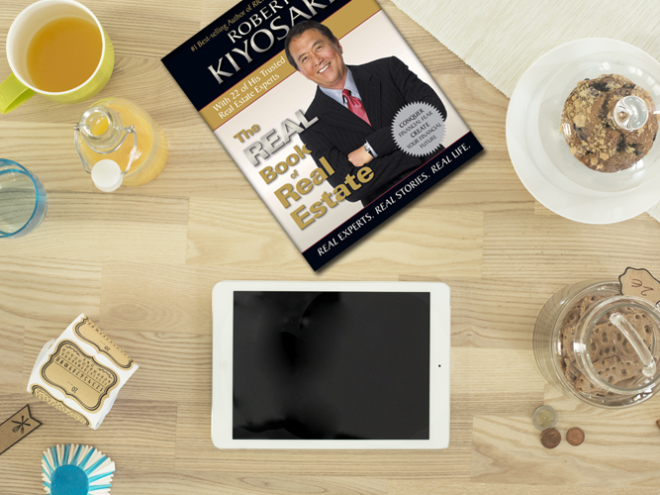
WHAT TYPE OF PROPERTY INVESTOR ARE YOU?
If I tell you that property market movement is dependent on investors, would you believe me? Certainly, there are a lot of factors at play that influences the direction of the property market. But if you look at it, investor motive has a lot to do with their consequent activities. Motive influences their decision, and this decision, in part, contributes to the direction of the property market.
So the question is: why do you buy real estate?
Let’s take a look at the different types of investors are we analyse their motives and how these affect property market activity.

THE SPECULATIVE INVESTOR
Speculative investors buy property and flip them in a short time. They rely on historical performance and immediate market conditions to buy and then to flip. This type of investor is motivated to generate profit in a short period of time. However, speculating in a market characterised as illiquid is risky. And while some investors do become successful, a lot more are not because they use speculation as their primary driver in making investment decisions.
Because speculative investors claim to generate profit from flipping property in a short period of time, many aspiring investors take the leap and do the same thing. However, results are not guaranteed. In fact, nothing is ever guaranteed in real estate. So as a result of having a lot of people fall into speculative investing, the market can become a buyer market.
THE USER INVESTOR
User investors are driven by a different motive: the need for shelter. So this type is comprised of those who buy property in order to live in it. This means that buying real estate for them isn’t a financial decision; it’s a lifestyle decision. So whereas the speculative investor relies on short-time flipping to generate investment income, the user investor, in the long-term, relies on equity and capital growth.
When it comes to their influence on the direction of the property market, the user investor embodies the classic demand and supply relationship. With due consideration to employment as the main factor in formulating their decisions, user investors can either create demand or supply in a given area.
Note that this isn’t always the case but for most, the prospect of employment can generate demand for housing investment in one area and cause an oversupply of housing in another. It’s all about where people go, how long they’ll stay, and when they’ll leave for another place.

THE LONG-TERM INVESTORS
Long-term investors are driven by the motive to eventually profit from their investments following capital growth. In most cases, they hold on to their investments for years before putting it back on the market. This is because long-term investors understand that real estate is not a liquid asset. It is slow-moving and acquires value as the years pass. Most individual and institutional investors fall under this type.
As a result, long-term investors make it a point to study the market very well before making a decision on whether to buy or to sell. They also consider the micro-markets present in different suburbs if they’re interested in investing in varying locations. In short, they’re the key players when responsible for investment acquisition or turnover when when the market is a buyer market (prices are low) and when its a seller market (prices are high).
OTHER TYPES OF PROPERTY INVESTORS
Active Investors
These are investors who choose to take an active role in managing their property investment portfolio. In cases of rental properties, they’re called investor landlords because they do oversee the rental property management themselves, from marketing, property inspections, tenant application and screening, doing repairs, undertaking maintenance, lodging rent deposits, etc.
Passive Investors
As opposed to active investors, passive investors are those who prefer to be indirectly involved in the affairs of their investments. They manage their investments through the people they hire. These are investors who work with property management agencies, real estate management firms, and trades and services providers.
Individual Investors
The more popular type of investors when it comes to the legal aspect of investing. Without knowledge of asset protection, they end up puchasing investments under their own name. Because of this, they have unlimited liability over their investments. So in cases of defaulted mortgage, they’re bound to shoulder 100% of their losses.
Institutional Investors
These are investors who invest in property through their company. Examples are property development firms and real estate investment firms. Most of them channel their investment through bonds thereby allowing them the opportunity to enter or to exit the market with ease.






